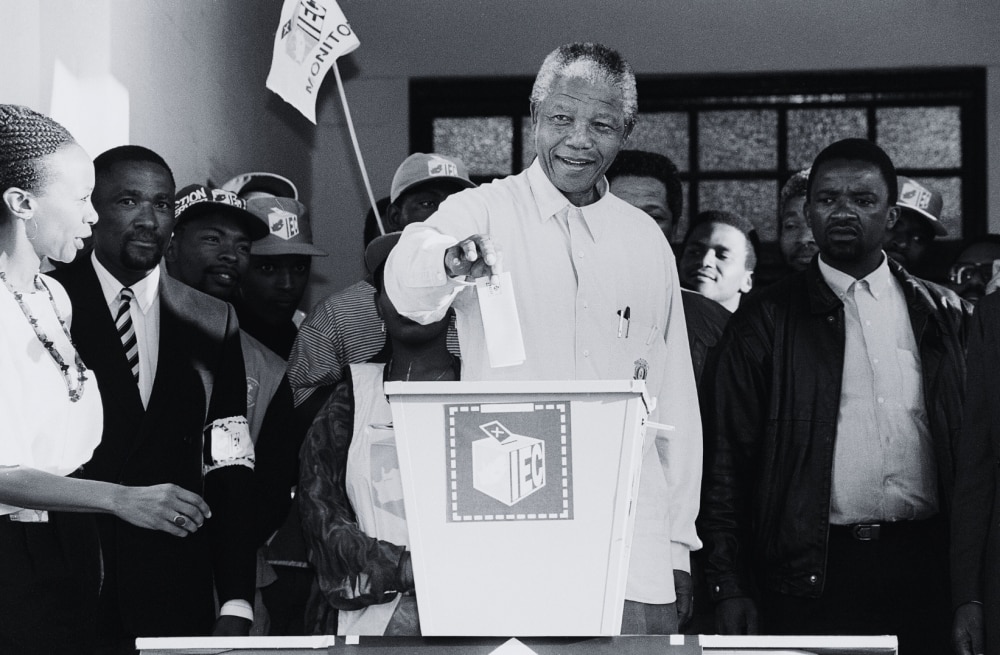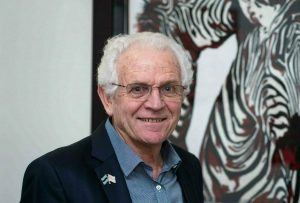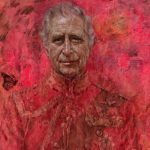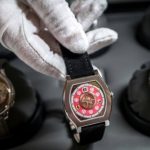By Gerhard Pretorius
The freedom ideal’s outcome 30 years after independence in 1994, is state repression, abuses of power and centralization of powers, and all this under the banner of inclusiveness, while the residents of the rainbow nation stand by and watch South Africa sink.
Is this statement justified? Let’s investigate a little, and use key events in various time periods in history to highlight why there may be certain truths in this.
I can only speak on behalf of Afrikaners and am not going to talk about other cultural groups, because I have not walked in their shoes for one day. What I can do is highlight actual events where unfairness, injustice and even what I would describe as economic terror has been carried out against our country. And this with little or no after-effects.
Before we get to this, we must put the country and where Afrikaners stand in historical context.
The Voortrekkers and pioneers of old decided to leave the Cape Colony in the 1820s and 1830s. The main reason for this was that they wanted independence because they no longer wanted to live under the British government, which occupied the Cape Colony for the first time in 1795. It was then returned to the Netherlands according to the Treaty of Amiens in 1802, but was again occupied by the British in 1806.
This is a cardinal part of history whose relevance to today’s order will become clear.
The Sand River Convention was signed in 1852, where attachment was given to the Voortrekkers for the area known as the Transvaal, which the British initially occupied. In 1854 the same followed in the Orange Free State.
Then came the discovery of gold. The British then sought the territory back and the Anglo-Boer War broke out. Then Unionization happened in 1910 and then Republication in 1961.
This is not a history lesson, but it is important to point out that there was a constant striving for freedom and independence, as well as the striving against the suppression of language (“if you speak Dutch you are a donkey”) by the Afrikaners and their ancestral pioneers.
Everyone knows the history of apartheid before 1994, and it cannot be justified or condoned. History is there to remember the good and the bad, and to teach lessons about what to do in the future, but also more importantly, what not to do.
Freedom Day is celebrated in South Africa as the “first democratic election” held in 1994.
Today, 30 years later, we must ask: How far has the country come under the ANC government and its pursuit of the ideal of freedom?
Let’s look at some statistics and examples of the “successes” that have been achieved.
In 1994 the rand to dollar exchange rate was R3.58 compared to today’s exchange rate of R19.05.
The widespread unemployment rate today stands at 41.1% in South Africa compared to 13% in 1994. Youth unemployment stood at an astronomical 59.8% in 2021.
Today there are 2,284 Afrikaans schools out of the 23,719 public schools in the country. This is therefore 9.626% of schools in the country. This seen against the fact that there are more than 6.855 million Afrikaans speaking persons in South Africa, and seen against the fact that Afrikaans is the third most spoken language in the country after Zulu and Xhosa.
In a sample conducted by the International Institute for Management Development among 63 countries, South Africa’s education system finished 62nd, and 61st for our economy and infrastructure. An excellent progressive job that has been done.
In 2016, the University of the Free State became the first tertiary institution in the state’s sights when Afrikaans was phased out as the language of instruction and English became the only language of instruction.
In 2023, the Human Rights Commission found that the University of Stellenbosch violated several constitutional rights of Afrikaans-speaking students when Afrikaans was banned from a residence.
In February 2023, the Financial Action Task Force (FATF) graylisted South Africa due to its failures to combat money laundering and terrorist financing. (You see what I mean by economic terror.) Other African countries such as Botswana, Mauritius, Morocco and Zimbabwe managed to be removed from the list. Zimbabwe!
Let’s not even get started on statehood and the result (or little or no result) it produced.
In last year’s state of the nation address, President Cyril Ramaphosa announced that 163 of the 257 municipalities are dysfunctional. This is the first point of contact Jan Alleman has with service delivery.
Thys van Zyl, CEO of Everest Wealth, says that in the first 13 years after democracy, economic growth accelerated. The average GDP growth rate was over 3%, between 2004 and 2007 it was as high as 5.2% per year. Under the leadership (I believe more under the suffering) of President Jacob Zuma it dropped back to less than 1% per year and it is not much better under Ramaphosa either.
According to the Institute for Race Relations, there are 132 race-based laws passed by parliament and in force in our country today.
These are just a few examples that I can mention. This does not paint the most rosy picture of our country.
The deliberate removal of our language at various levels in society indicates a deliberate suppression of a cultural group in South Africa. Black economic empowerment has become such a part of our vocabulary and montage that it is just accepted, but did you know that between 1990 and 2021 there are 476 fewer listed companies in our country? Is it because it is increasingly difficult to set up a company due to, as Dr. Dirk Hermann calls it, “racial madness”?
More than a million people have left the country since 2000 and the reasons for this include economic instability to security issues.
However, one should not be deterred by the statistics. This is only 1.67% of our country’s population.
Times have changed since the 1820s. Our ancestors wanted to move. Today we say that we Afrikaners will help to build the country and we are not going to just leave it and throw it away. We are here to stay and build, and to build together on the land that has required so much blood and sweat.
It is not only Afrikaners who suffer in the country. Most citizens have to scrounge and scrape to get food on the table. Afrikaners want to be part of the solution, so just give us the opportunity.
- Gerhard Pretorius is communications manager at the Voortrekker Monument.








